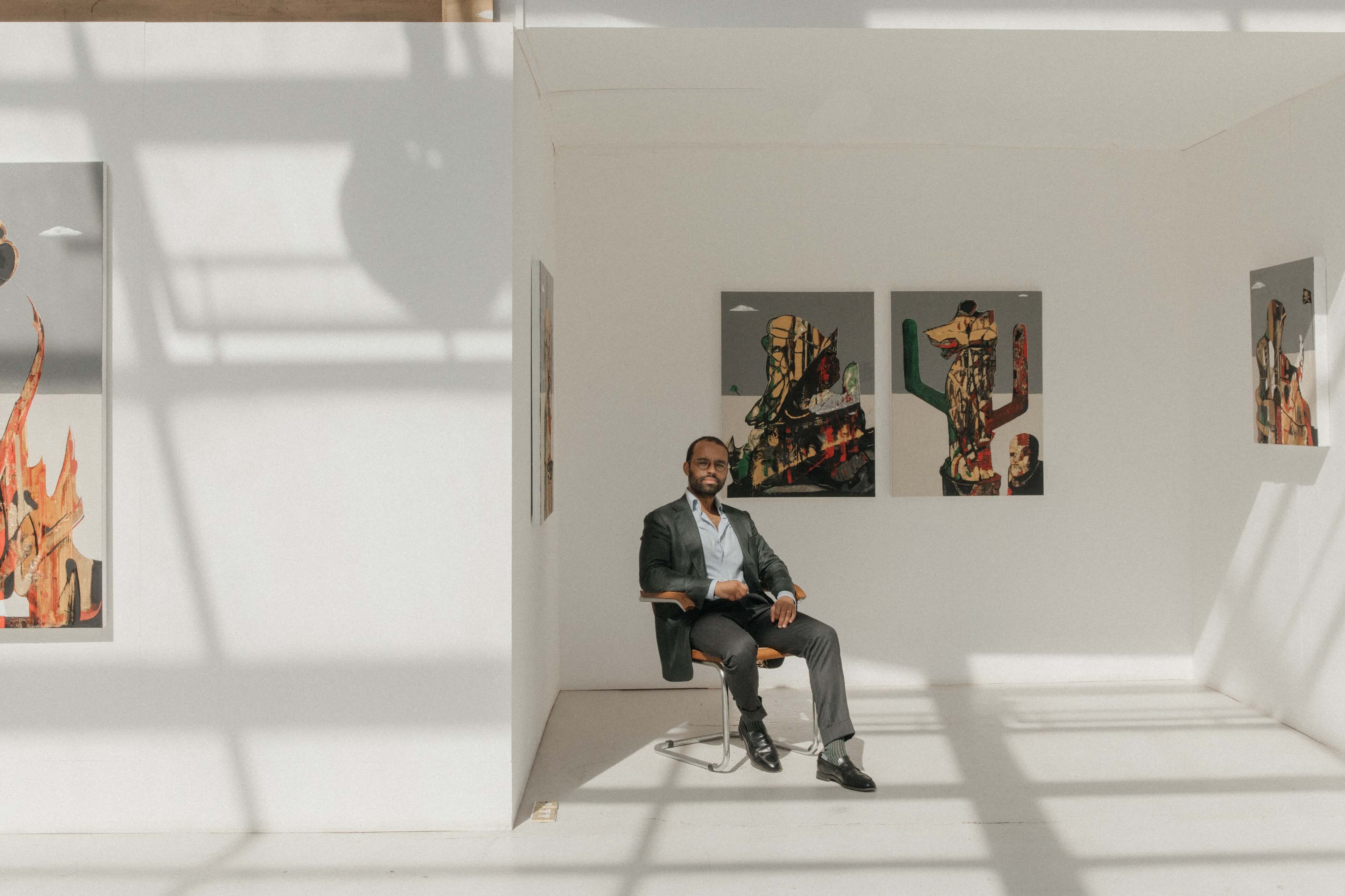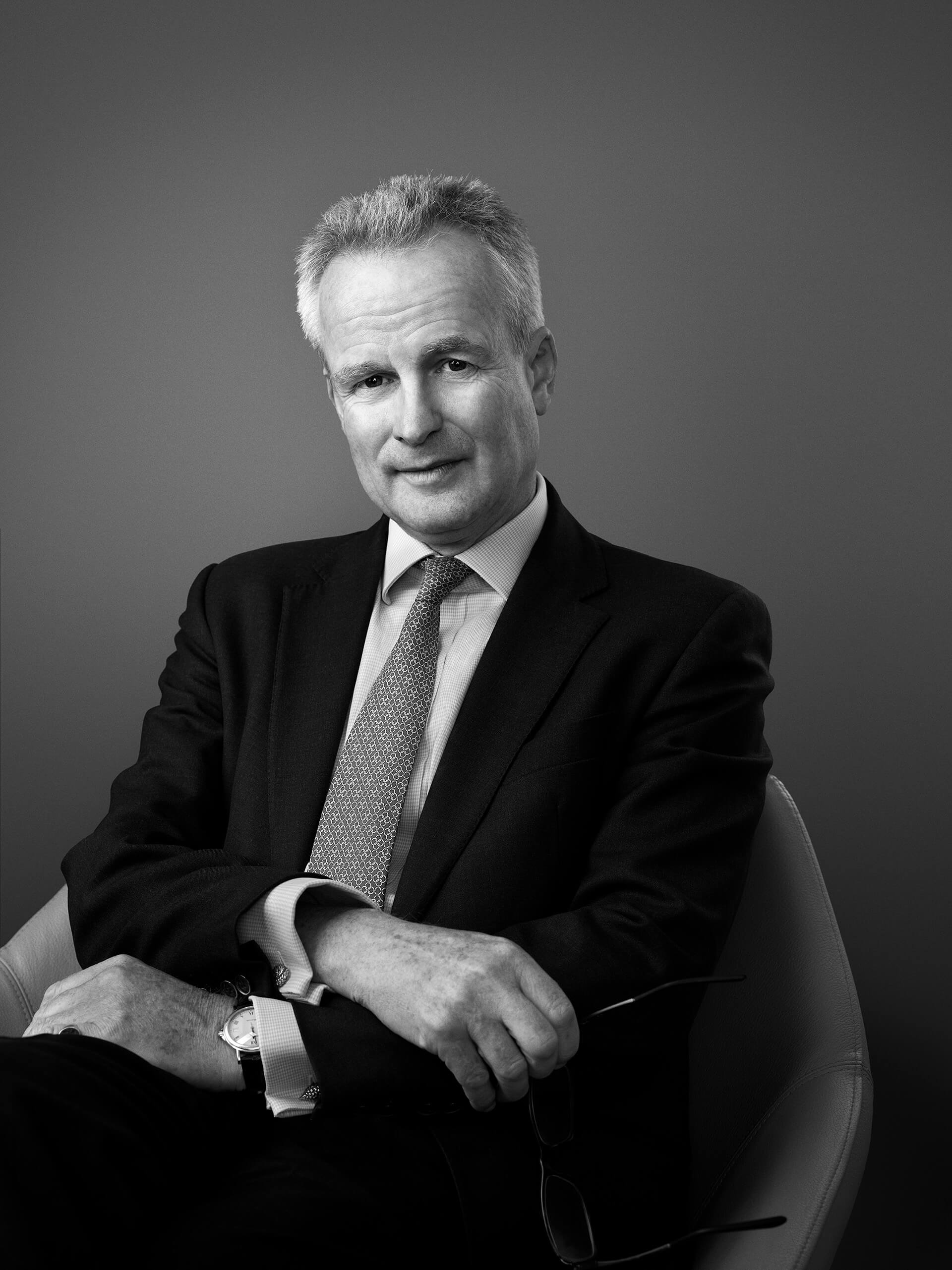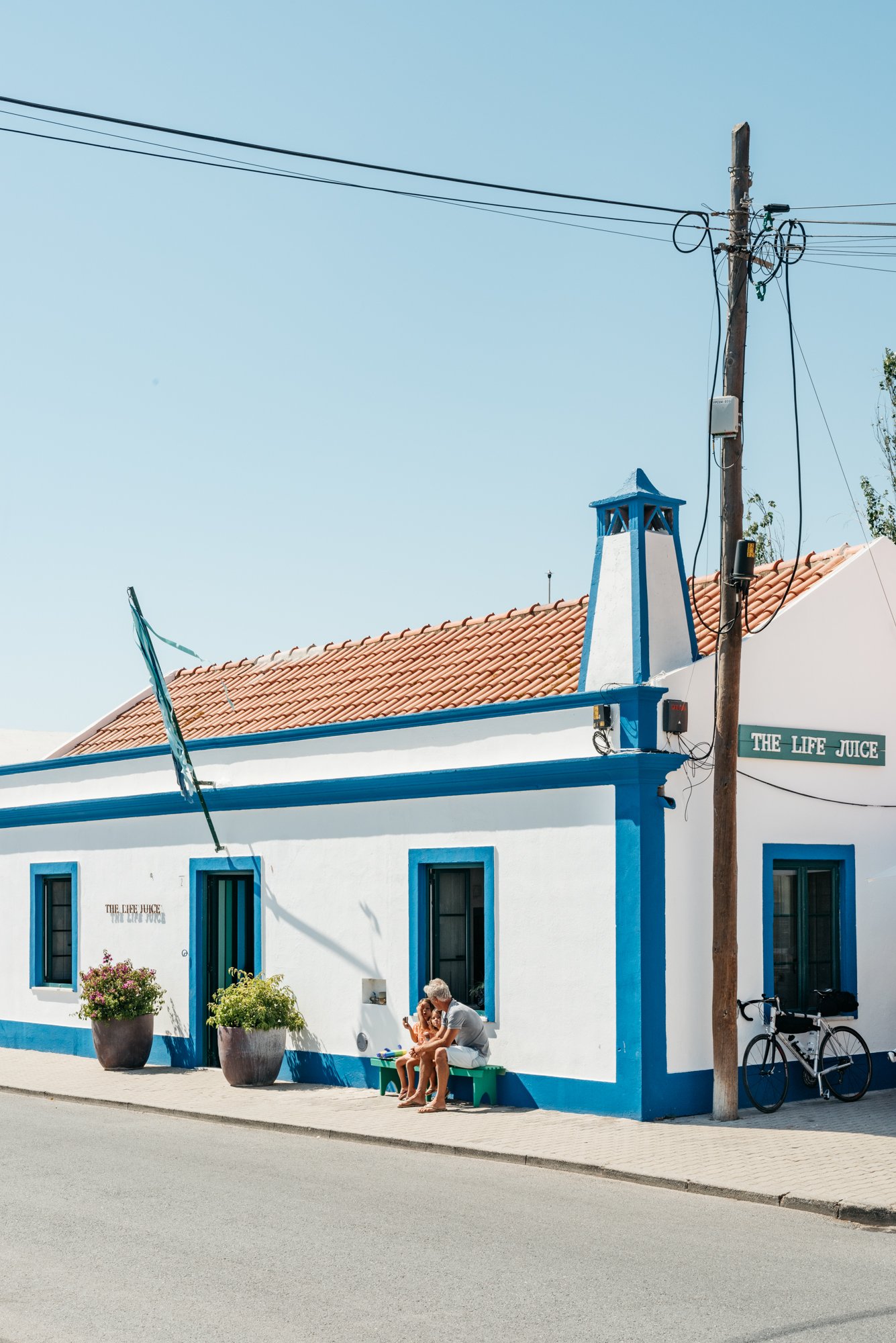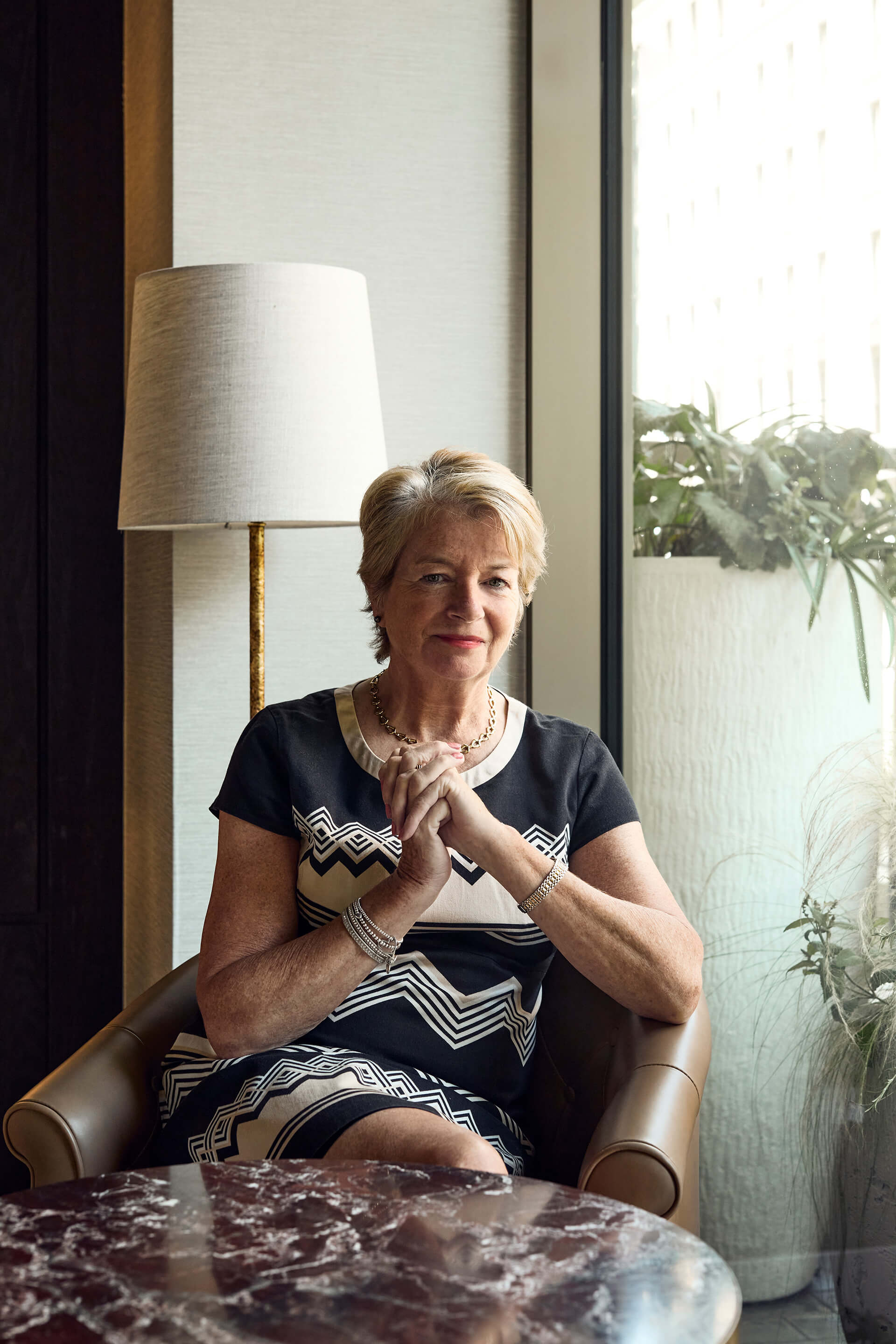How to build an art investment portfolio
Fine art was the best performing ‘asset of passion’ in our 2022 Luxury Investment Index. Here, three experts who work with Knight Frank Finance’s Private Office share advice on how to curate your own collection and invest wisely
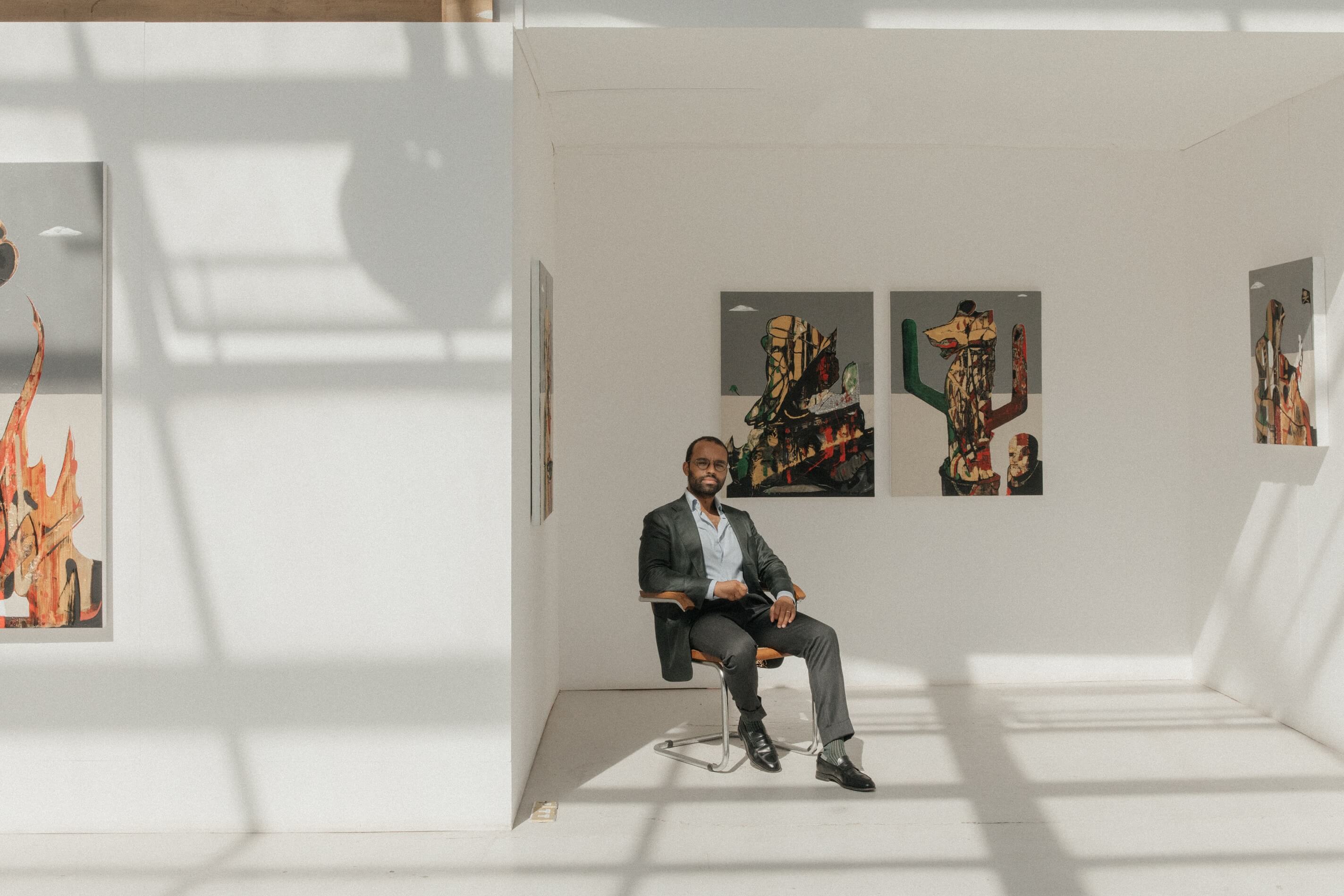
Building an art investment portfolio is a fine balance between head and heart. According to Knight Frank’s Luxury Investment Index, art was the best performing of 10 tracked ‘assets of passion’, rising by 29 per cent in 2022, and in spite of high inflation in the UK, Eurozone and US, art has beaten inflation and many other more ‘conventional’ asset classes.
And yet, as Alex Ogario, Head of Knight Frank Finance’s Private Office explains, unlike other assets, art is something that not only can increase in value, but which can bring joy and delight for its owner as it does so. “The beauty of art and other passion assets is their dual purpose,” he says. “They provide a store of wealth and something that can be enjoyed and curated based on taste, that can embody one’s personality, culture and even ideals.”
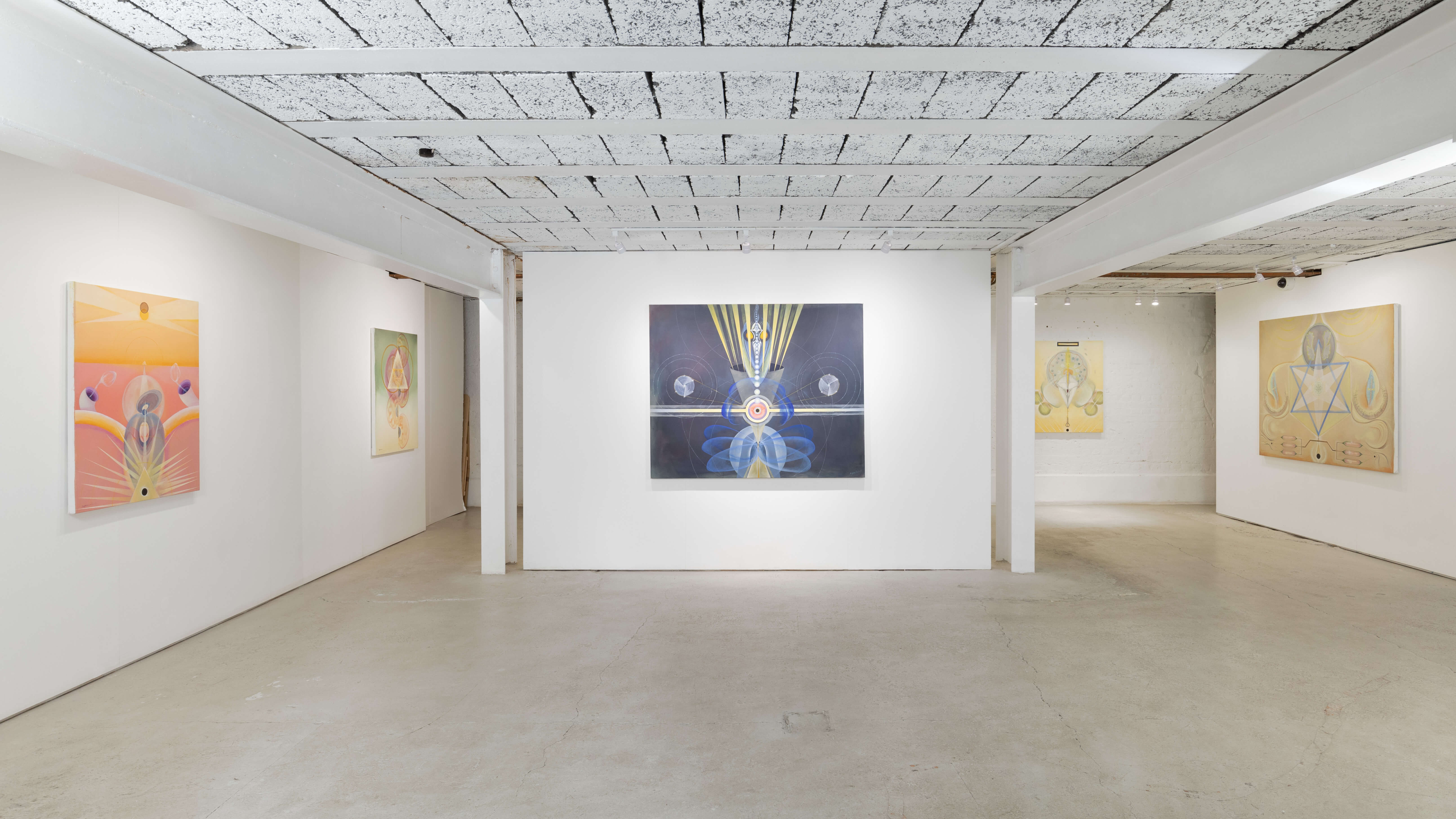
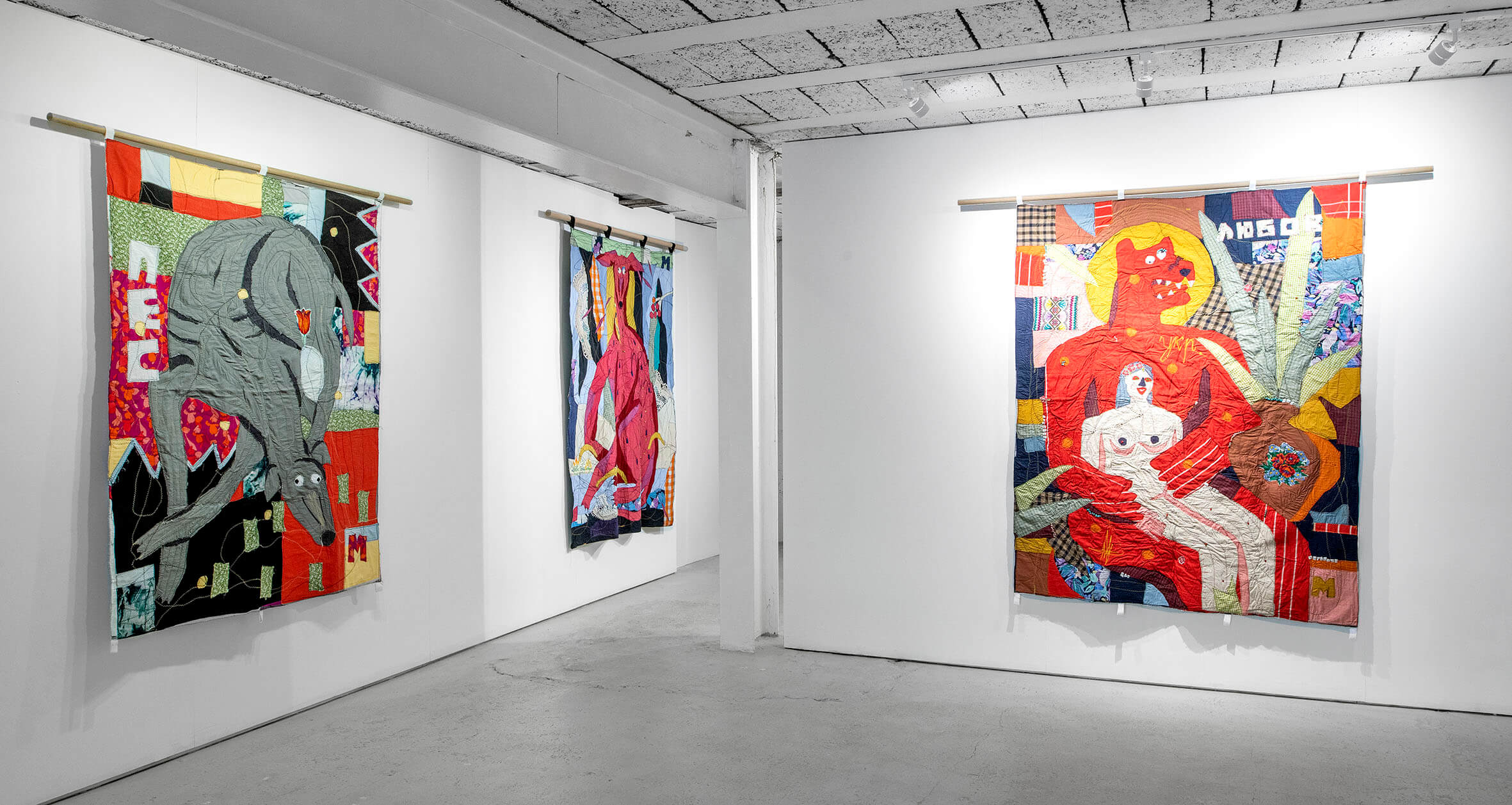
Knight Frank Finance’s Private Office can assist people in raising debt against art, which could be used to further grow a collection for the home. Ogario and his team work closely with art experts of all kinds to ensure that art collectors – whether new or longstanding – are able to reap the rewards of these double benefits; the beauty in the eye of the beholder, and the increase in value on the bottom line. Here we share advice from three of those experts on how to curate, choose, and invest wisely to create a personal collection.
Know your comfort level
There’s no one way to be an art collector according to Morgan Long, Managing Director and Head of Art Investment at The Fine Art Group. “You can put together a wonderful collection of old masters, if that's what your taste is,” she says. “We’re also very familiar with artists, even before they've finished their art degrees. But it is risky, it is speculative to buy the work of a new or unknown artist. You really have to love what you’re buying, because it could go up in value, or it could become worth less than what you paid for it. If you love it, and it's on your wall, the enjoyment factor outweighs anything else.”
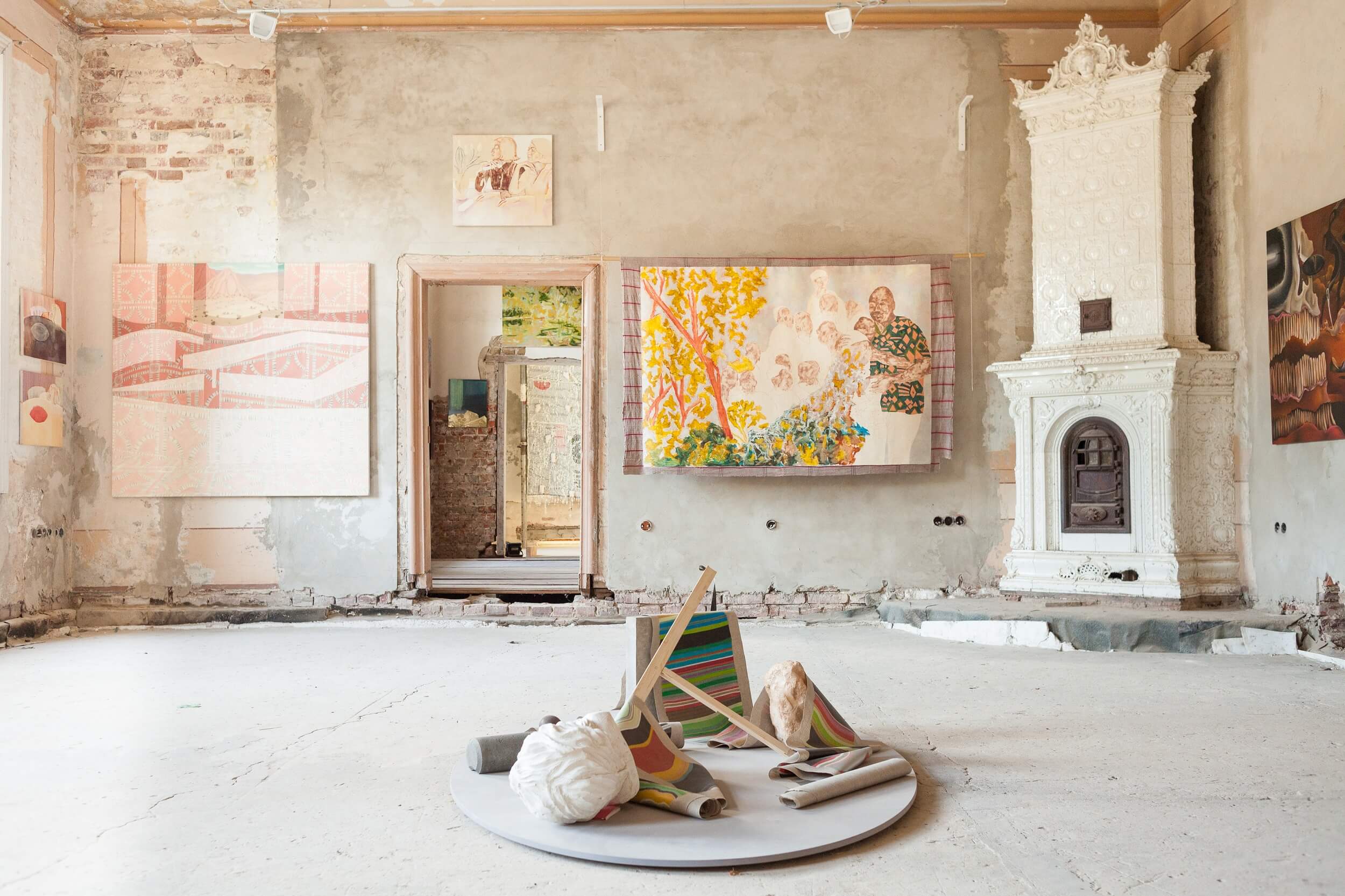
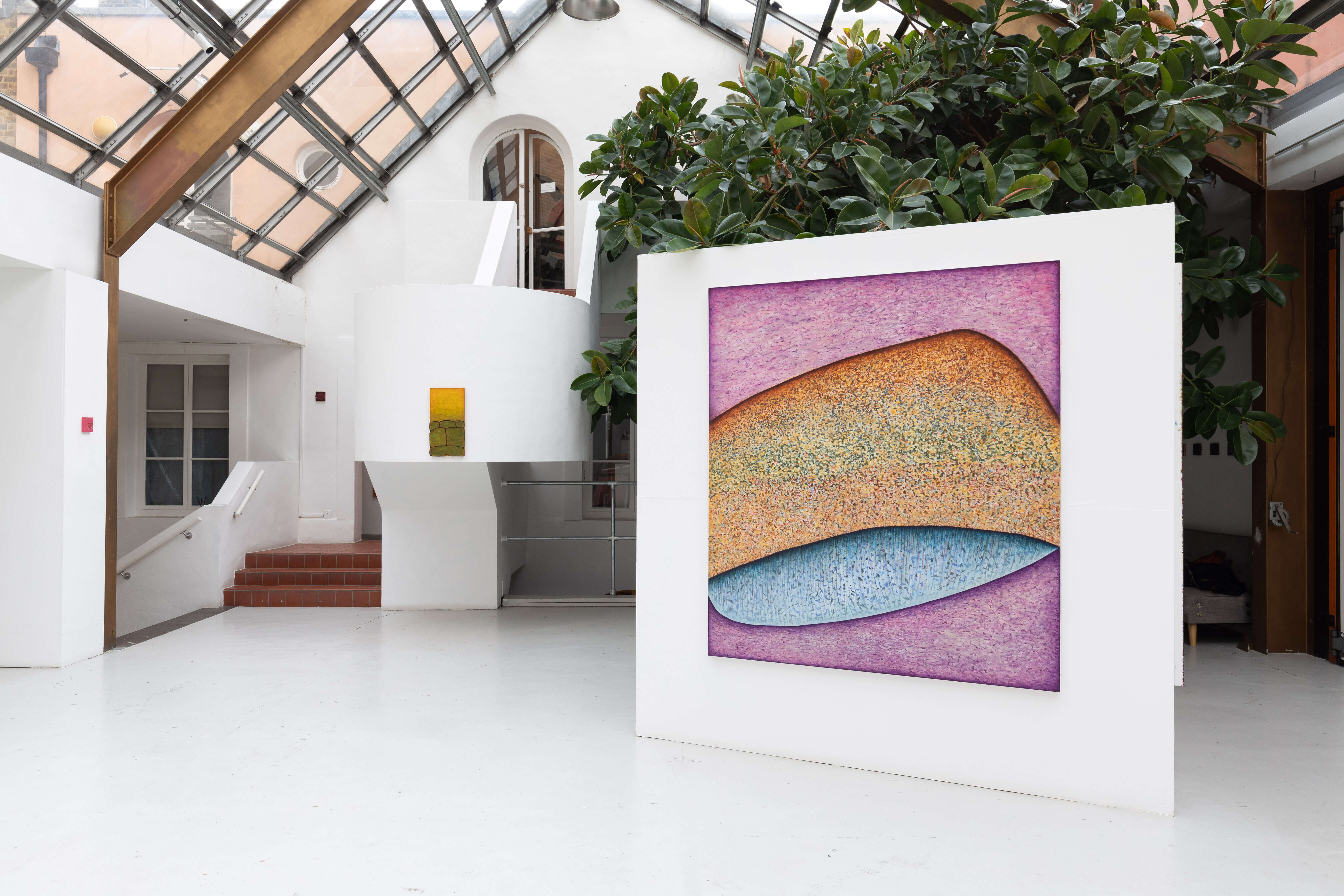
Make use of data
“Art as an asset is nothing new,” says Harco van den Oever, CEO of Overstone Art. “Even during the time of the Florentine Renaissance, art was being used as a collateral to borrow. But now the market is much more sophisticated, and it’s becoming more objective. Verifiable data, such as that from auctions, and proprietary data can give us a multi-faceted view on individual works of art. AI helps us to do this for thousands of works, and while we don’t rely on AI, it's a huge part of what we do, helping us to understand liquidity, volatility, and the price movements of works of art.”

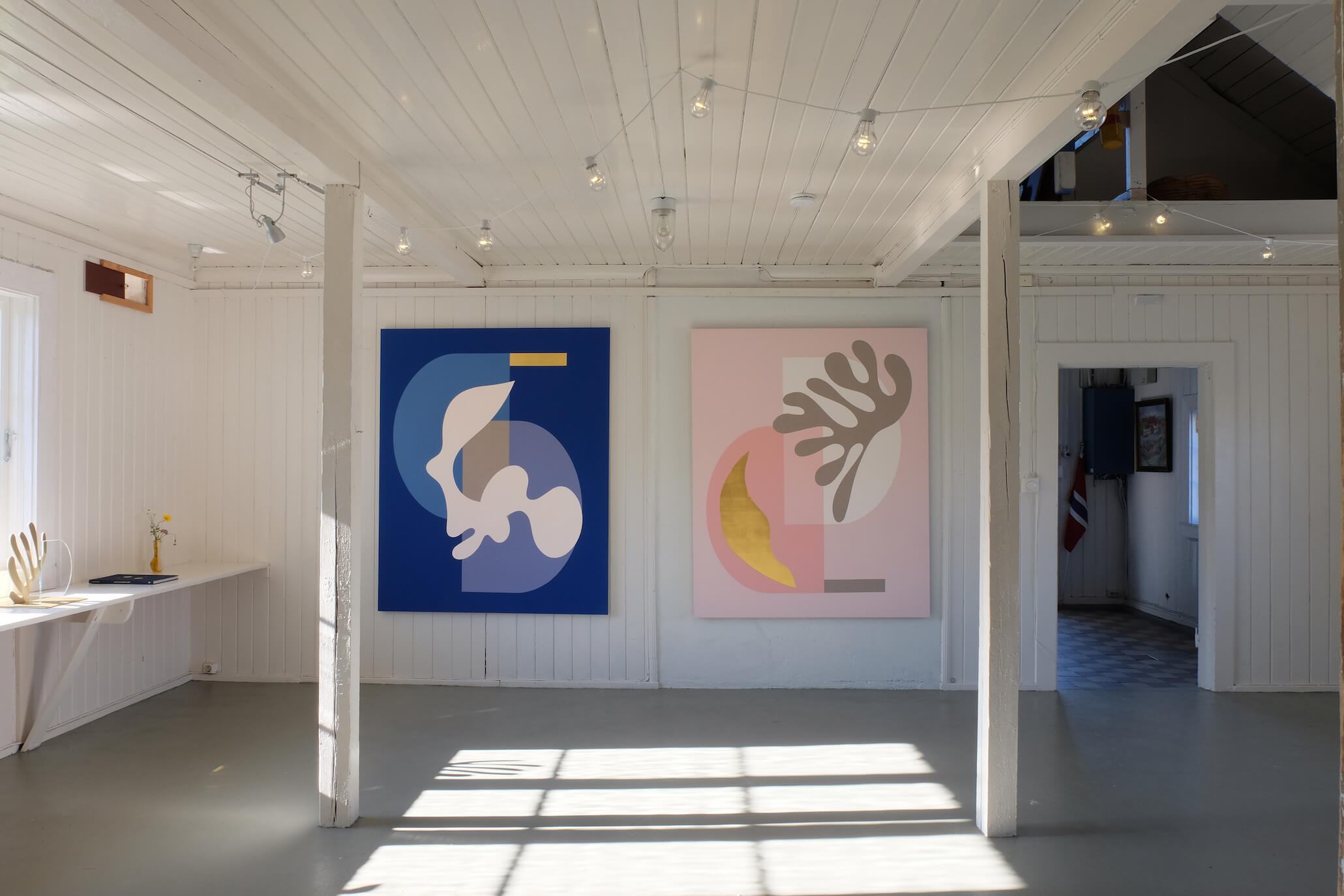
Spend time in the art world
Kristin Hjellegjerde, founder of the Kristin Hjellegjerde Gallery counts old-fashioned data gathering as part of this: “Go to dinners and gallery openings and meet people. Artists want to talk about their work, art lovers want to share their passion, and seeing as much art as you can helps train your eye. An art collection might be an investment but it’s also really fun, and meeting artists and other collectors makes it a more tactile experience.”
Build a knowledge base
“Information is absolutely critical,” agrees van den Oever. “The more intelligence you have about a particular artist or category, the more likely you're going to be to buy the right objects.” He adds: “As in any other aspect of your financial life, you also have to have knowledge of how the value of your portfolio is evolving over time. Combine data science with art expertise, to keep a constant finger on the pulse of the market and of the specific objects in your own collection.”
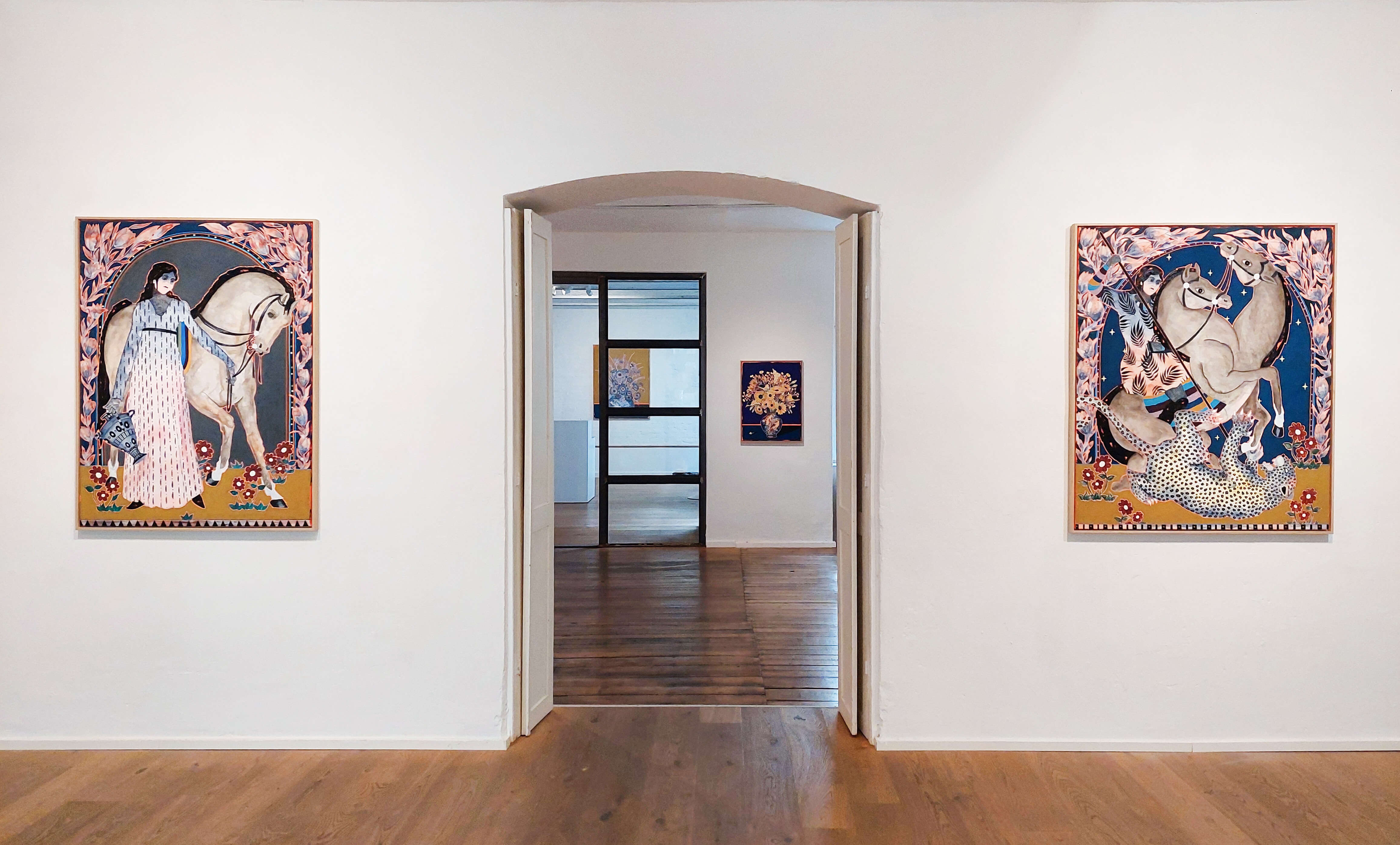
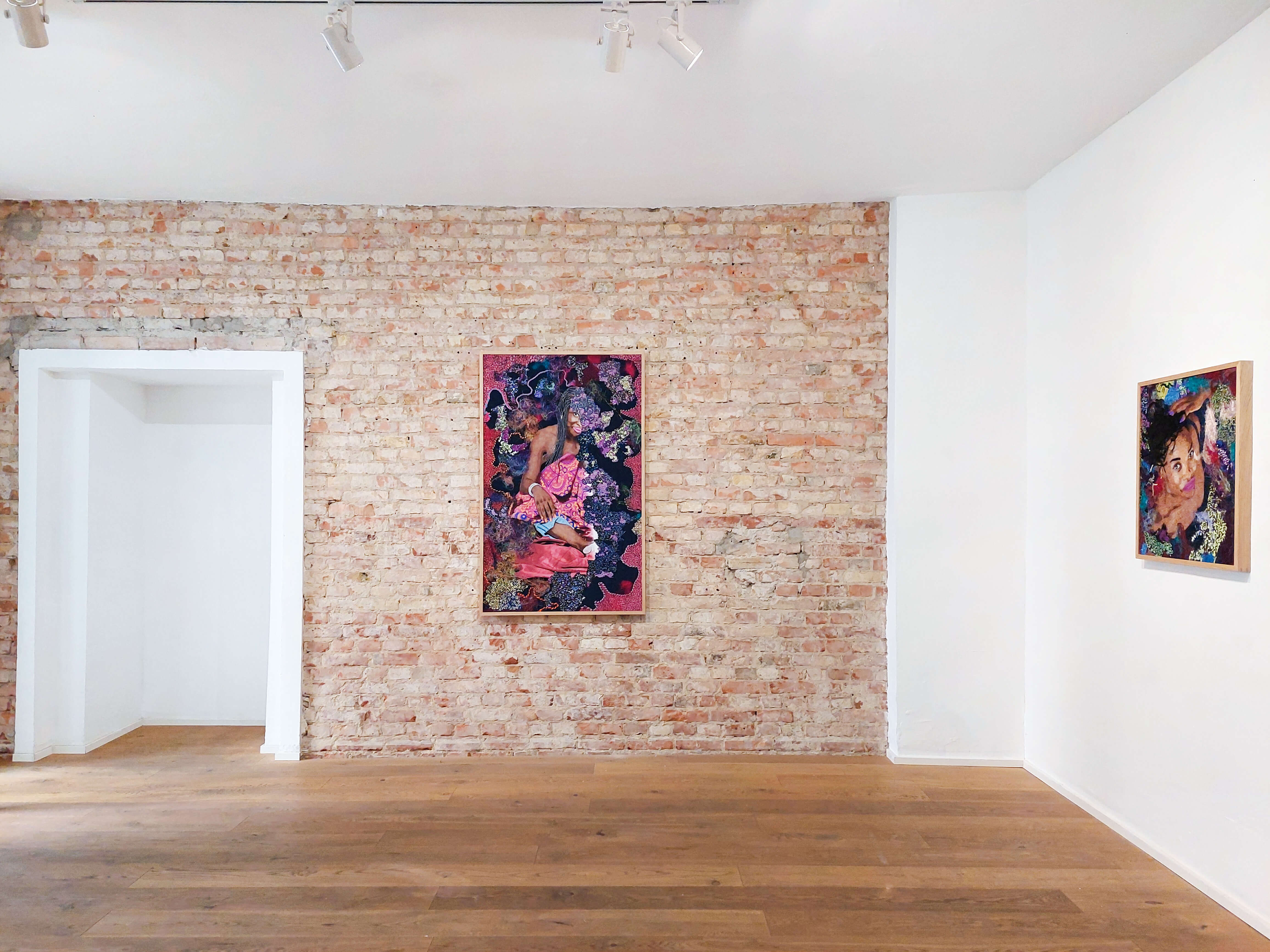
Have a focus
“A lot of very successful collectors collect by theme – 20th century Contemporary Arts, or female artists, or African American artists,” says van den Oever. “The beauty of that is that it enables collectors to have a deeper understanding of those markets.”
“But don't just spend all your money on one big expensive piece,” cautions Long. “Having a focus is incredibly important and can help narrow down the field, but aim for a balanced portfolio of a few different works.”
Be open to diversifying
Hjellegjerde agrees it’s better not to get stuck in a collecting silo. “Although lots of people collect by theme, I recommend not limiting yourself if there’s something that catches your attention. Follow what you feel because it can open up different opportunities, if you’re open-minded, and new avenues to explore.”
“If you know what you want to live with – if that's the main goal,” says Long “then you want something that will reveal itself on your walls, day after day, and give you joy for a long time.”
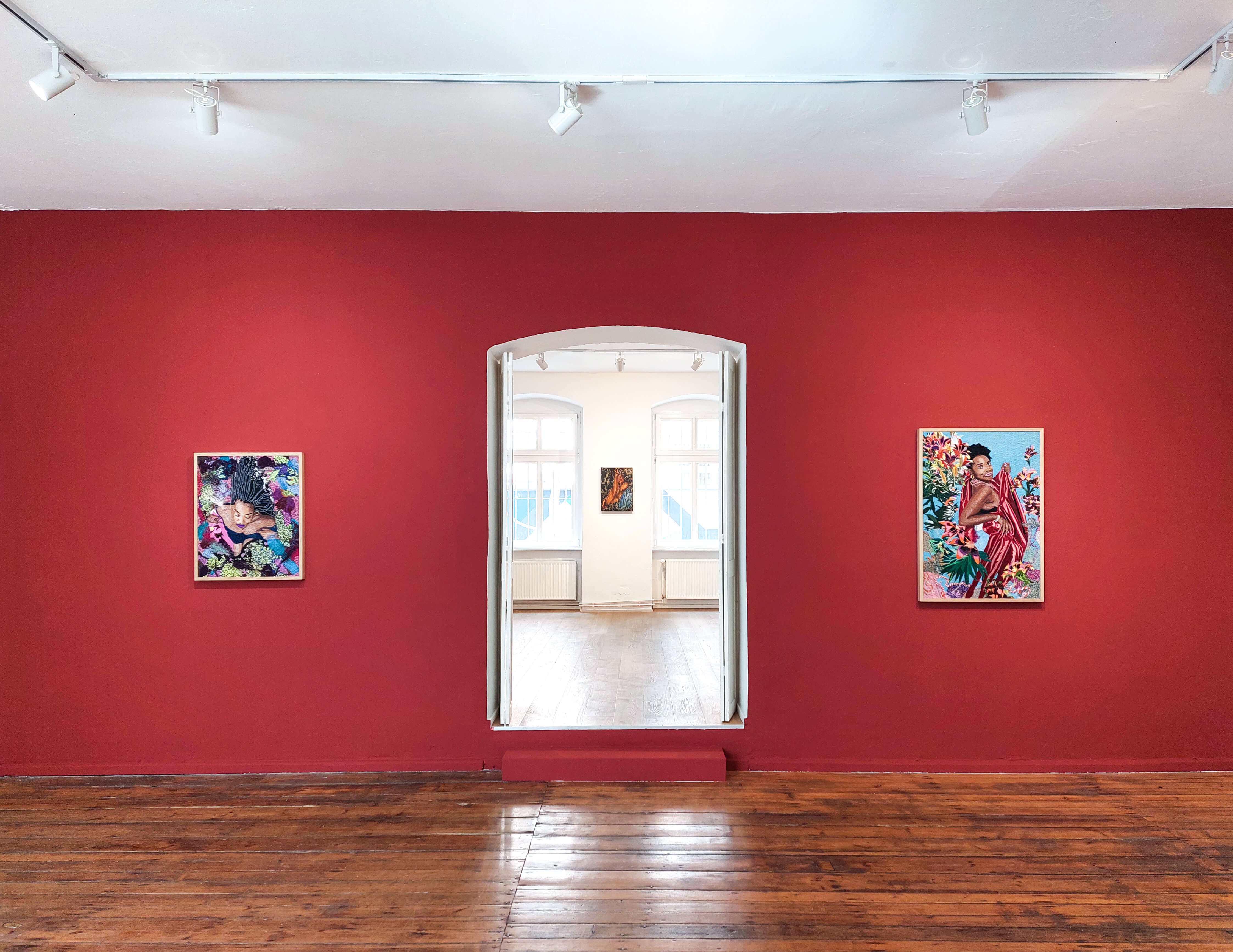

Independent advice is invaluable
“There are amazing things to be found at auction, but auction houses and galleries can’t give you independent advice,” says Long. “Professional advisors are worth their retainer for the relationships they have, the discounts they can obtain, and their expertise and advice on the market. We’re able to lay everything out to our clients, and give them the best informed decision making that they can make on any investments.”


